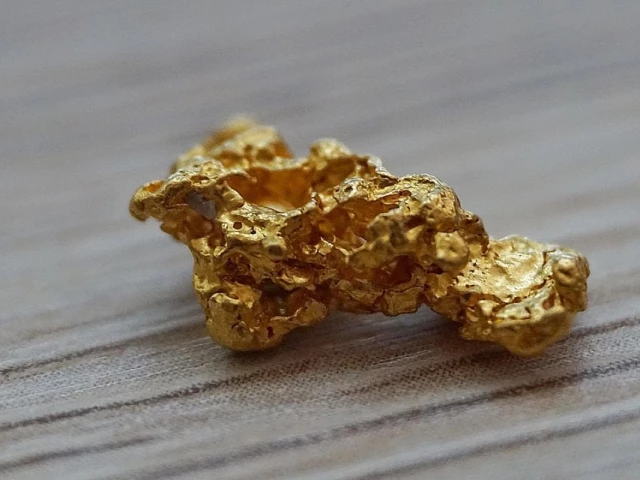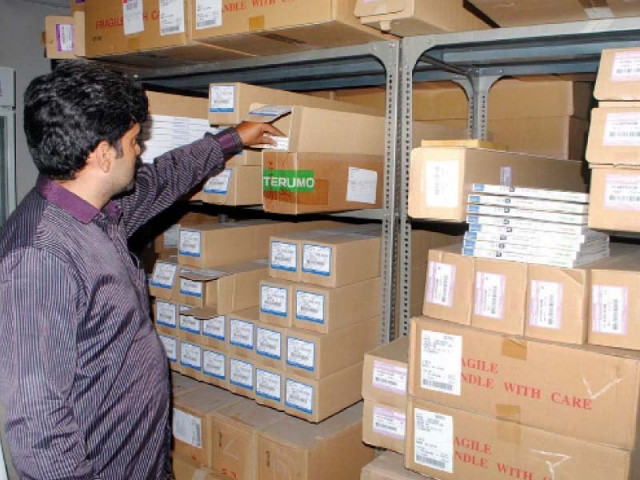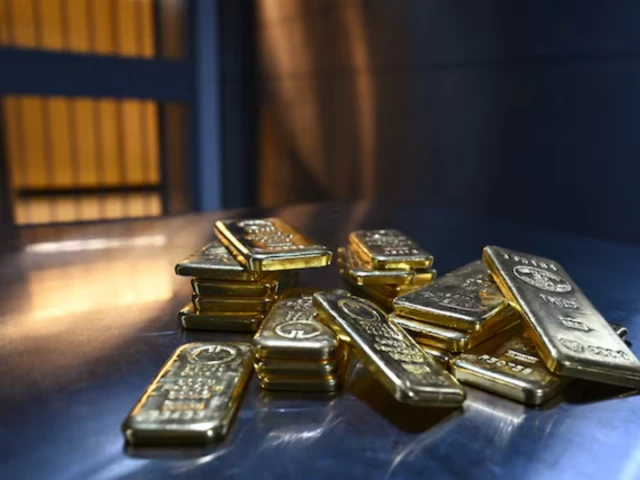Business
Stocks tumble over Pak-Afghan standoff | The Express Tribune
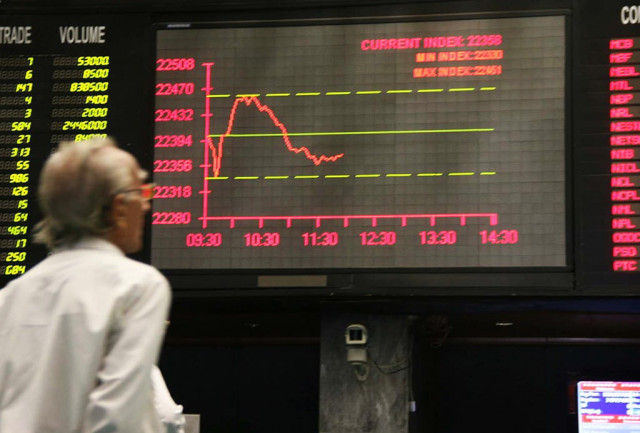
Shares of 340 companies were traded. At the end of the day, 93 stocks closed higher, 233 declined and 14 remained unchanged. PHOTO: FILE
KARACHI:
The Pakistan Stock Exchange (PSX) came under selling pressure on Wednesday as investors reacted to renewed tensions between Pakistan and Afghanistan, coupled with mixed corporate earnings. The benchmark KSE-100 index dropped 1,635.97 points, or 1.02%, to close at 158,465.06.
The index fluctuated between the high of 160,690 and low of 158,307. Investor sentiment remained weak after peace talks between Islamabad and Kabul failed to yield progress. Analysts believe that the market correction phase is likely to continue in the near term as traders remain cautious amid uncertain political and economic conditions.
KTrade Securities noted that the PSX continued to face selling pressure as the absence of positive catalysts further dampened investor confidence. The KSE-100 index dropped 1,636 points, settling at 158,465. It attributed the decline to multiple factors, including the breakdown of negotiations between Pakistan and Afghanistan, which hurt sentiment, as well as margin calls and institutional selling that intensified market volatility.
Notable selling was witnessed in stocks such as Lucky Cement, United Bank, Mari Energies, MCB Bank, Engro Fertilisers and Bank AL Habib. Conversely, National Bank provided some support after announcing strong quarterly results.
Looking ahead, investor sentiment is expected to remain cautious during the rollover week, as traders adjust their futures positions. Additionally, the corporate earnings season will continue to play a key role in shaping short-term market direction, KTrade added.
Arif Habib Limited (AHL) commented that October lows for the index, around 158,000, “are now under threat and likely to be tested in the upcoming sessions”. Some 19 stocks advanced while 78 declined, with National Bank (+2.31%), Thal Limited (+5.99%) and Bank Alfalah (+0.85%) contributing the most to index gains. Lucky Cement (-2.29%), UBL (-1.26%) and Mari Energies (-2.04%) were the biggest index drags.
AHL mentioned that NBP reported 9MCY25 earnings per share (EPS) of Rs30.88, marking a 16-fold year-on-year (YoY) increase. Pakistan Petroleum announced 1QFY26 EPS of Rs7.38, down 15% YoY, along with a dividend of Rs2 per share, while Oil and Gas Development Company (OGDCL) reported 1QFY26 EPS of Rs8.91, down 7% YoY, accompanied by a Rs3.5-per-share dividend. AHL added that a recovery may emerge after six consecutive sessions of decline that dragged the KSE-100 down by 6%.
Topline Securities observed that Wednesday’s trend mirrored the previous session, with the KSE-100 initially opening on a positive note and gaining 589 points. However, selling pressure soon intensified, pulling the index down by 1,635 points.
The market continued its corrective phase as investors reacted to mixed corporate results, where some firms posted robust earnings while others missed expectations. Margin calls on leveraged positions further accelerated the decline, while volatility remained high due to the ongoing futures rollover week, it said. Overall trading volume decreased to 951.8 million shares compared with Tuesday’s tally of 1.02 billion shares. Traded value stood at Rs41.3 billion.
Shares of 478 companies were traded, of which 123 closed higher, 314 declined and 41 remained unchanged.
K-Electric led the volume chart with 93 million shares, rising Rs0.17 to close at Rs5.44. It was followed by Hascol Petroleum with 54 million shares, gaining Rs0.25 to close at Rs15.54 and WorldCall Telecom with 51 million shares, edging up Rs0.01 to close at Rs1.80. Foreign investors were net buyers of shares worth Rs657.7 million, according to the NCCPL.
Business
Over 2.5 crore Aadhaar Numbers deactivated by govt due to…
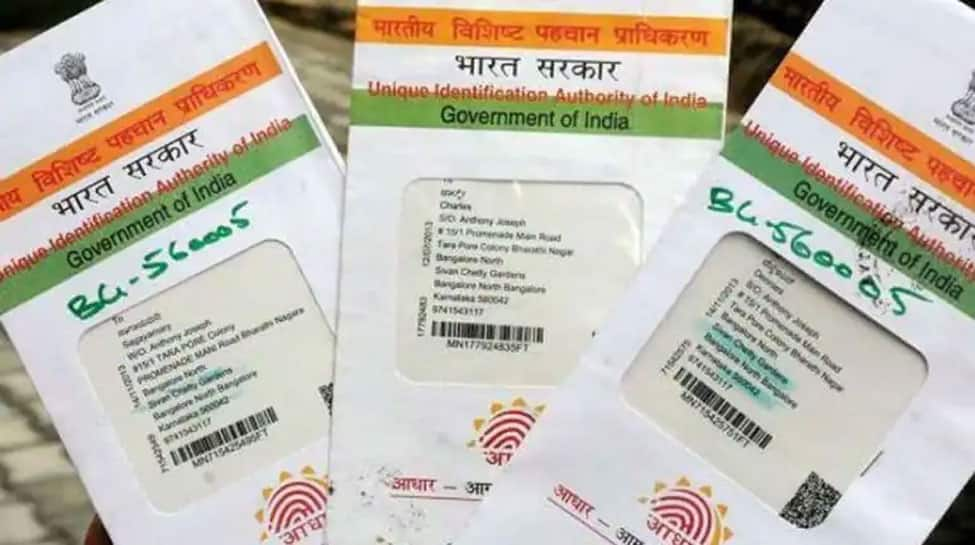
New Delhi: The Unique Identification Authority of India (UIDAI) has deactivated more than 2.5 crore Aadhaar numbers of deceased persons till date. This is as part of a nationwide clean-up effort to maintain the continued accuracy and integrity of the Aadhaar database, Union Minister of State for Electronics and Information Technology Shri Jitin Prasada in Lok Sabha on Wednesday.
Aadhaar is the world’s largest biometric identity system with approximately 134 crores live Aadhaar holders.
In case of the death of a person, it is essential that his/her Aadhaar number is deactivated to prevent potential identity fraud, or unauthorized usage of such Aadhaar number for availing welfare benefits.
The State / UT mentioned in the address of an Aadhaar number holder in the Aadhaar database may vary from the State / UT where death was registered.
Measures to prevent potential identity fraud
Government has said that several measures have been taken to reduce the risk of identity fraud and ensure leak-proof delivery of benefits in the country.
The key measures include:
Biometric Lock/Unlock feature enables an Aadhaar number holder to “Lock” his biometrics, preventing any unauthorized authentication attempts.
Aadhaar Lock/Unlock feature for an Aadhaar number holder.
Deployment of Face Authentication having ‘Liveness Detection feature’ to prevent spoofing and ensure the physical presence of the beneficiary during transactions.
Offline Verification: Promotion of Aadhaar Secure QR Code, Aadhaar paperless offline e-KYC, e-Aadhaar and Aadhaar verifiable credentials for offline identity verification.
No sharing of Core Biometric information of Aadhaar number holders in any manner by UIDAI.
Secure Data Storage: Mandatory use of Aadhaar Data Vaults by all requesting entities to store Aadhaar numbers in an encrypted format.
Database Sanitization: Regular de-duplication and deactivation of Aadhaar numbers belonging to deceased persons.
Updation of demographic details of an Aadhaar number holder is allowed only as per documents listed by UIDAI.
UIDAI has launched a new Aadhaar app which facilitates sharing of verified credentials by Aadhaar number holder with the Offline Verification Seeking Entities (OVSE) in a secure and seamless manner.
Business
TDS alert! Important February compliance dates you must track– Check Full list
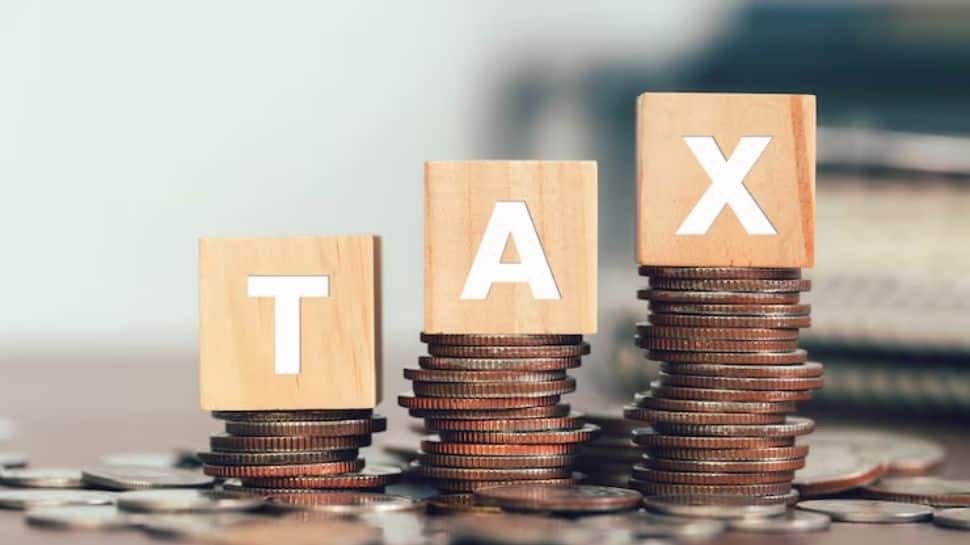
New Delhi: February 2026 brings a series of important deadlines related to Tax Deducted at Source (TDS) that taxpayers and deductors should not overlook. From issuing TDS certificates to submitting mandatory statutory forms, these compliance dates play a key role in ensuring smooth and accurate tax reporting. Businesses, employers, and government offices must stay alert and complete the required filings on time to avoid penalties or complications under the Income-tax Act. Keeping track of these dates can help ensure hassle-free compliance and prevent last-minute stress.
February 14:
– Deadline for issuing TDS certificate under Section 194-IA for tax deducted on transfer of immovable property in December 2025.
– Deadline for issuing TDS certificate under Section 194-IB for tax deducted on rent paid by individuals or HUFs in December 2025.
– Deadline for issuing TDS certificate under Section 194M for tax deducted on contractual or professional payments made in December 2025.
– Deadline for issuing TDS certificate under Section 194S for tax deducted on transfer of virtual digital assets by specified persons in December 2025.
February 15:
– Deadline for government offices to furnish Form 24G where TDS/TCS for January 2026 was deposited without generating a challan.
– Deadline for issuing the quarterly TDS certificate for non-salary payments for the quarter ended December 31, 2025.
Business
Musk’s net worth soars past $800 billion after SpaceX‑xAI deal
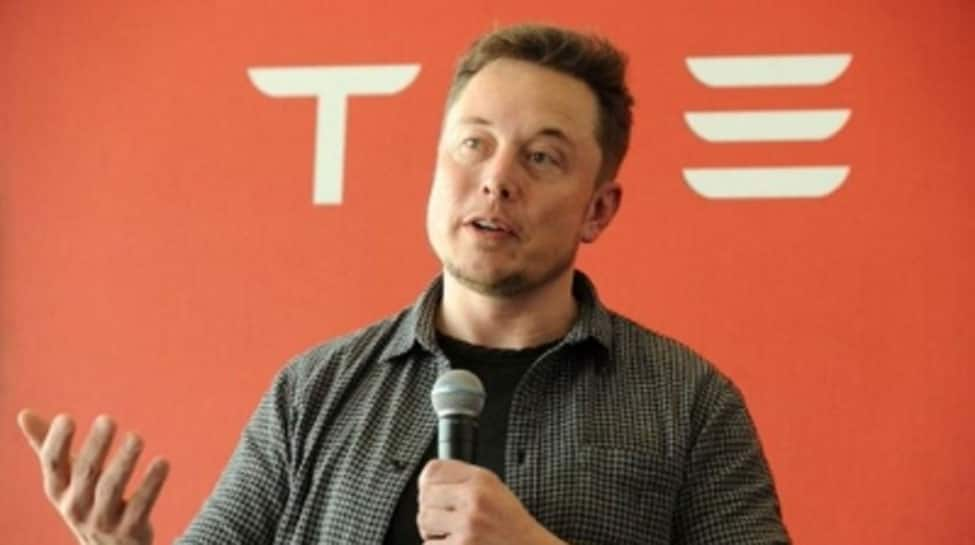
New Delhi: US entrepreneur Elon Musk’s net worth surged past the $800 billion mark after SpaceX acquired his artificial‑intelligence firm xAI, making him the richest person in history by a wide margin.
Musk’s net worth reached roughly $852 billion, almost $578 billion higher than the world’s second-wealthiest person, Google co-founder Larry Page, whose net worth is estimated at $281 billion.
The merger took the combined value of the company to $1.25 trillion and added about $84 billion to Musk’s fortune, according to reports.
Before the merger, Musk owned about 42 per cent of SpaceX which was valued at $800 billion and roughly 49 per cent of xAI, which was valued at $250 billion after a recent private fundraising round. Post‑merger, Musk’s stake in the combined entity touched 43 per cent, worth about $542 billion and SpaceX became Musk’s largest holding by a wide margin, the reports said.
Musk also retains about 12 per cent of Tesla, valued at approximately $178 billion, along with Tesla stock options, estimated at $124 billion. Further, in addition to these, Musk also receives a shareholder‑approved Tesla pay package up to $1 trillion in additional Tesla stock, before taxes over the next decade and the cost of unlocking restricted shares, if performance targets are met.
He crossed several wealth milestones in the past four months such as $500 billion, $600 billion and $700 billion, driven by SpaceX valuation gains and a Delaware Supreme Court ruling that restored his Tesla options.
Musk earlier said that SpaceX’s Starship will begin delivering the much more powerful V3 Starlink satellites to orbit in 2026, with each launch adding more than 20 times the capacity to the constellation as the current Falcon launches of the V2 Starlink satellites.
It will enable launches “every hour carrying 200 tons per flight” and ultimately lifting millions of tons to orbit and beyond, Musk has shared his plan.
Starship will also launch the next generation of direct-to-mobile satellites, which will deliver full cellular coverage everywhere on Earth, he added.
-

 Sports1 week ago
Sports1 week agoPSL 11: Local players’ category renewals unveiled ahead of auction
-

 Entertainment1 week ago
Entertainment1 week agoClaire Danes reveals how she reacted to pregnancy at 44
-

 Sports1 week ago
Sports1 week agoCollege football’s top 100 games of the 2025 season
-

 Business1 week ago
Business1 week agoBanking services disrupted as bank employees go on nationwide strike demanding five-day work week
-

 Politics1 week ago
Politics1 week agoTrump vows to ‘de-escalate’ after Minneapolis shootings
-

 Sports1 week ago
Sports1 week agoTammy Abraham joins Aston Villa 1 day after Besiktas transfer
-

 Entertainment1 week ago
Entertainment1 week agoK-Pop star Rosé to appear in special podcast before Grammy’s
-
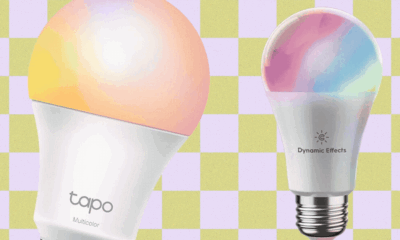
 Tech1 week ago
Tech1 week agoBrighten Your Darkest Time (of Year) With This Smart Home Upgrade


